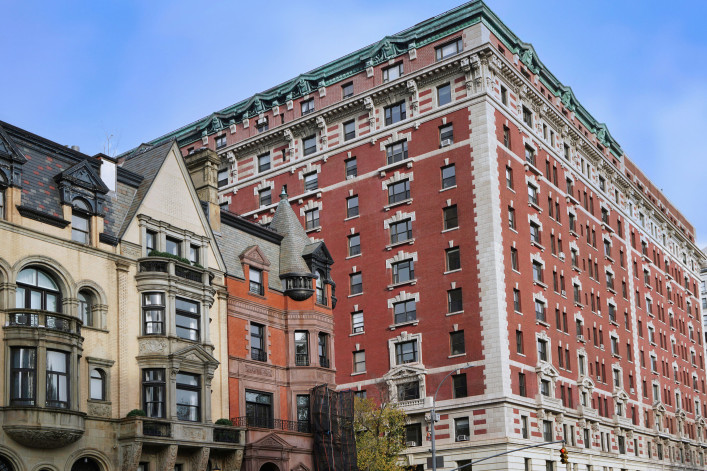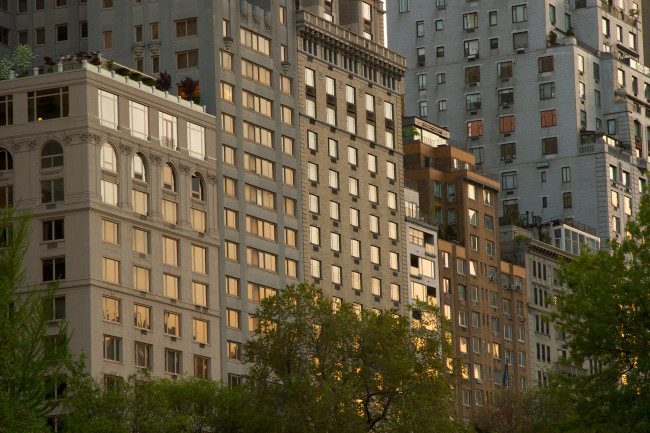Can our co-op ban our super from doing routine jobs for residents like unclogging drains?
- Determining what repairs a super can make is typically up to a co-op board
- Unclogging drains is a job a super usually does for shareholders
- Behind-the-wall plumbing issues may be the building’s problem

Just because your board can tell you to hire a plumber doesn’t mean it should, especially if you live in a well-staffed building.
iStock
Our co-op board will no longer let the super unclog drains. They suggest that residents call a plumber instead. Is this permissible? Is it normal?
The answer depends on the terms of your proprietary lease–as well as where the clog is and what’s causing it, our experts say.
“Standard proprietary leases put the onus on the shareholder unless it relates to a behind-the-wall plumbing issue,” says Lee Bergstein, a co-op and condo lawyer at Bergstein Flynn & Knowlton in Manhattan.
So if the clog is located between the wall and your sink, your board is probably within its rights to require you to fix it, Bergstein says, noting the building must apply the policy equally so that “the super isn’t going around unclogging drains for some shareholders and not others.”
But just because your board can tell you to hire a plumber doesn’t mean it should, especially if you live in a well-staffed building.
Is it normal to ban a super from unclogging drains in your place?
“It’s not okay to eliminate the service,” says Daniel Wollman, CEO at Gumley Haft Real Estate, a property management company that manages around 75 full-service buildings across New York City. “People pay a lot of money to live in these buildings. They expect a level of service.”
Wollman says residents should expect the super or handyman to perform routine and simple repairs like unclogging drains, changing the hose in the back of a toilet to stop dripping, replacing the flapper on the inside of a toilet that’s running or a supply hose on the back of a washing machine, or changing hard to reach light bulbs.
“What you don’t want to allow the super to do is a service that is too complicated or where there may be insurance issues. I’m not sure why a board wouldn’t let a super unclog a drain, but I could understand that a board may say they don’t want the super doing electrical work or changing pipes,” Wollman says. “[They] are not really insured or licensed for that kind of work.”
Repairs involving expensive, fancy plumbing fixtures could also be referred to a plumber.
“We don’t like to be working on uncommon fixtures that we’re not as skilled at, because we don’t want to inadvertently break it,” he says.
What if the clog is behind the walls?
Under most proprietary leases, you’re not responsible for fixing clogs caused by building repairs or neighboring renovation, says Jeffrey Reich, a real estate attorney at Schwartz Sladkus Reich Greenberg Atlas. In those situations, your building (or your renovating neighbor) would be responsible.
“If your plumber finds out the clog is a building problem, you have a very good argument to ask the building to fix it and reimburse you for your costs,” Bergstein says, though he notes that finger pointing may ensue.
“What the building might say in response is that your conduct”—say, flushing hot dogs down the toilet—“caused the problem, so it’s your fault,” he says.
Trouble at home? Get your NYC apartment-dweller questions answered by an expert. Send your questions to [email protected].
For more Ask an Expert questions and answers, click here.





























